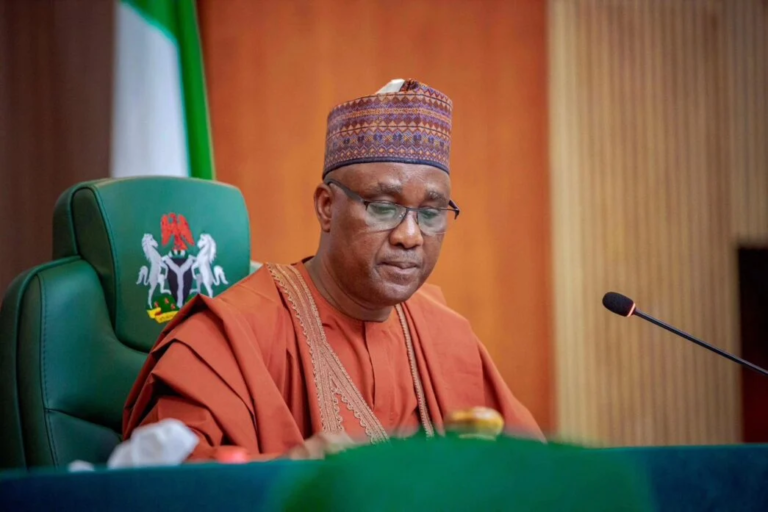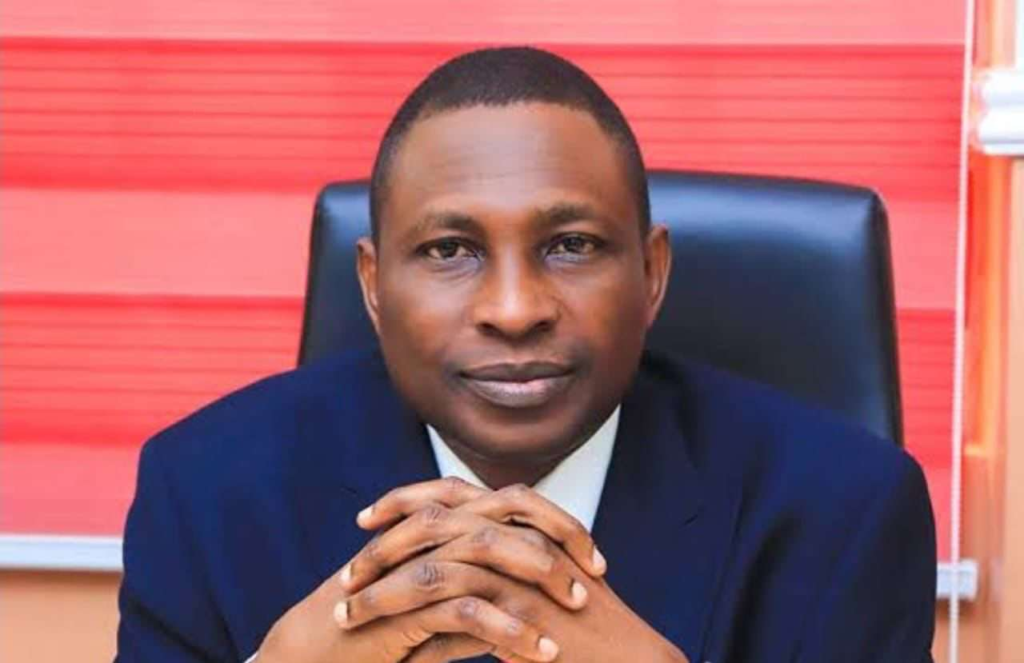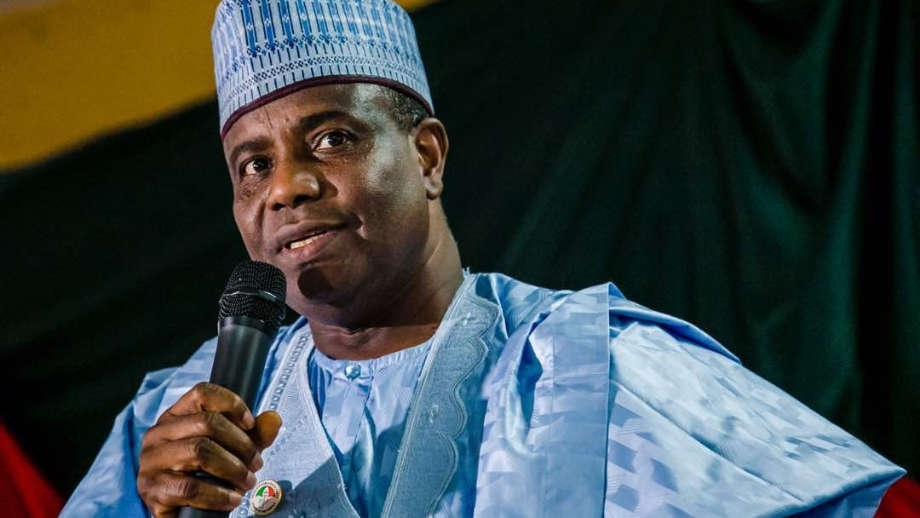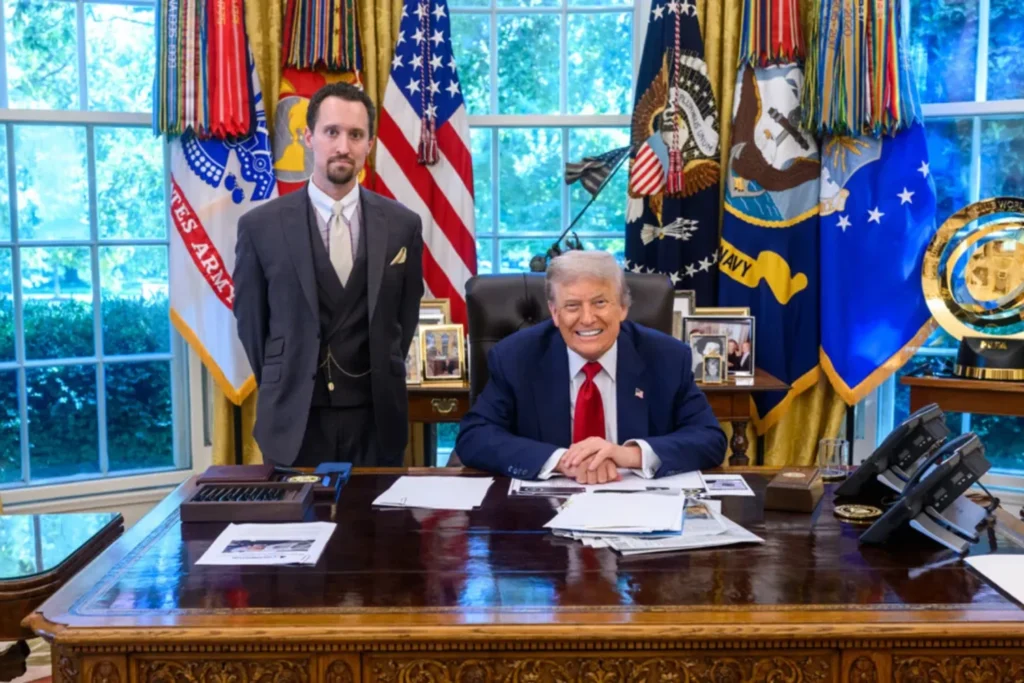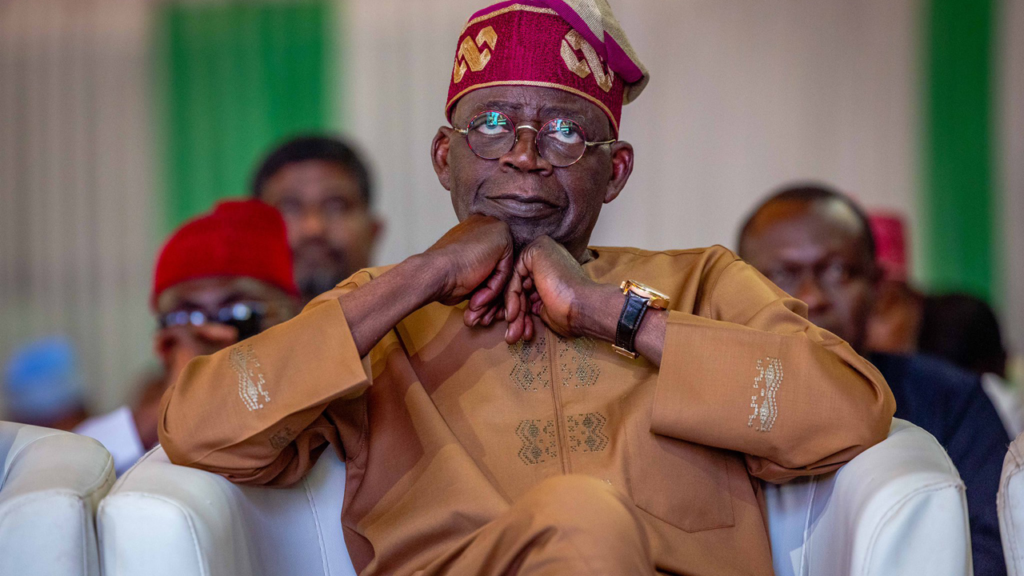Speaker of the House of Representatives, Tajudeen Abbas, has raised the alarm over Nigeria’s poorly secured borders, calling them a major factor in the country’s escalating insecurity. Speaking through House Majority Leader Julius Ihonvbere on Monday at a legislative dialogue on security architecture, Abbas described Nigeria’s security crisis as “complex and dynamic,” urging for technology-driven, multi-dimensional solutions.
“Terrorism, banditry, piracy, militancy, and oil theft in different parts of the country combined to make life difficult for Nigerians,” Abbas stated.
“We, therefore, resolved to take the necessary legislative measures to support the government’s drive to end insecurity.”
The dialogue, organised by the House Committee on Constitution Review, focused on gathering expert input to reshape Nigeria’s security framework. Abbas said that border security must be prioritised, noting that Nigeria’s expansive and unguarded borders expose it to transnational crimes.
He revealed that the event serves as a precursor to an upcoming national security summit to be hosted by the House of Representatives, where broader reform strategies will be deliberated.
Referencing past efforts, the Speaker mentioned the April 2014 National Dialogue on State Policing and a technical workshop on police reforms held in November 2024, both of which aimed to promote localised and accountable policing structures.
Also speaking at the dialogue, Deputy Speaker Benjamin Kalu, who chairs the Constitution Review Committee, emphasized the need to identify and correct structural flaws in the 1999 Constitution that hinder effective security governance.
“Over the years, laws have been crafted on various aspects of national life, including security governance, often without a proper diagnosis of the real gaps and challenges as experienced by those on the frontline,” Kalu said.
“As legislators, we must depend on accurate diagnosis like physicians to prescribe effective remedies.”
Kalu stressed that legislative efforts must be holistic and evidence-driven to achieve long-term national security.
The House’s concerns echo recent comments by Chief of Defence Staff General Christopher Musa, who proposed fencing Nigeria’s borders to combat cross-border crime. Drawing from international examples like Pakistan and Saudi Arabia, General Musa argued that physical border barriers helped bolster national security amid regional instability.
Both the executive and legislature appear aligned in recognising border control as central to tackling Nigeria’s pervasive security issues.

